Conditions where?If the the conditions are bad and the fish are stressed they will fall sick.
Stressed how?
Follow along with the video below to see how to install our site as a web app on your home screen.
Note: This feature may not be available in some browsers.
Conditions where?If the the conditions are bad and the fish are stressed they will fall sick.
Both I suppose. So far, knock on wood, I haven’t lost a fish in either tank (reef or FOWLR) since.In QT or in the display?
As opposed to the 70s? So today is worse?
Cupramine has now been banned in Australia, and the only alternative is a copper sulphate based solution, where the difference between a theraputic dose and a fatal dose is only measurable with a Hanna LR copper tester.You can still get copper but probably not the cipro. Copper power is easy to get they didn't ban that just antibiotics and antiviral medications. Even if they did copper sulfate for horticulture (Bordo) would likely work if you couldn't source anything else.
One would have to be mad not to QT in this day and age with all the cooties going around.
Read your book mate, even paid for itI Don't have a problem with ich, velvet, uronoma etc. But those Cooties. I really never knew how to deal with those. ;Meh
I think I see one now just behind my 30 year old fireclown. If he catches him, he is doomed.

Is there some sort of database or papaers anywhere that lists the average life span of the majoirty of fish we keep in this hobby?Gbroadbrdge. Thanks for buying my book. I don't make anything from those as 100% of the profits go to MS research in my wife's name.
In the beginning of the book someplace, it says that the book isn't for Noobs.
My tank wasn't always 50 years old and it ran for most years with ASW.
I made more mistakes then than anyone here and killed more fish than Sunkist Tuna. Making mistakes is how you learn and in those days there was no internet, computers, cell phones or credit cards so everything was expensive and hard to get.
I learned by trial and error and SCUBA diving with my own equipment and boat.
I didn't come about my methods overnight or by reading here. It was tough and I tried enough medications to open up my own pharmacy as there were no salt water medications so I made my own from Human chemicals.
I killed and cured a lot of fish. But eventually I learned the secret. That was maybe in the 80s when I started to know how to keep fish without medications and quarantine. I found out how to allow them to spawn and realized that if they are spawning, they are as healthy as they are in the sea. No fish can be healthier.
I gradually learned about their immune system and then many years later I can read about it now in scientific journals.
No one studied "ornamental" fish then and farmed fish were not really a thing.
Now we know all about that but unfortunately this hobby for the most part is still stuck in the 70s with as much disease and dead fish as we had then. Most of us can't grasp how easy it is to get fish to take care of themselves like they have been doing since before Nancy Pelosi was born.
If your fish are getting sick, or if they will get sick if they are exposed to a pathogen, they are not very healthy because a fully functioning fish is immune to just about everything.. If that were not true, my tank would not exist.
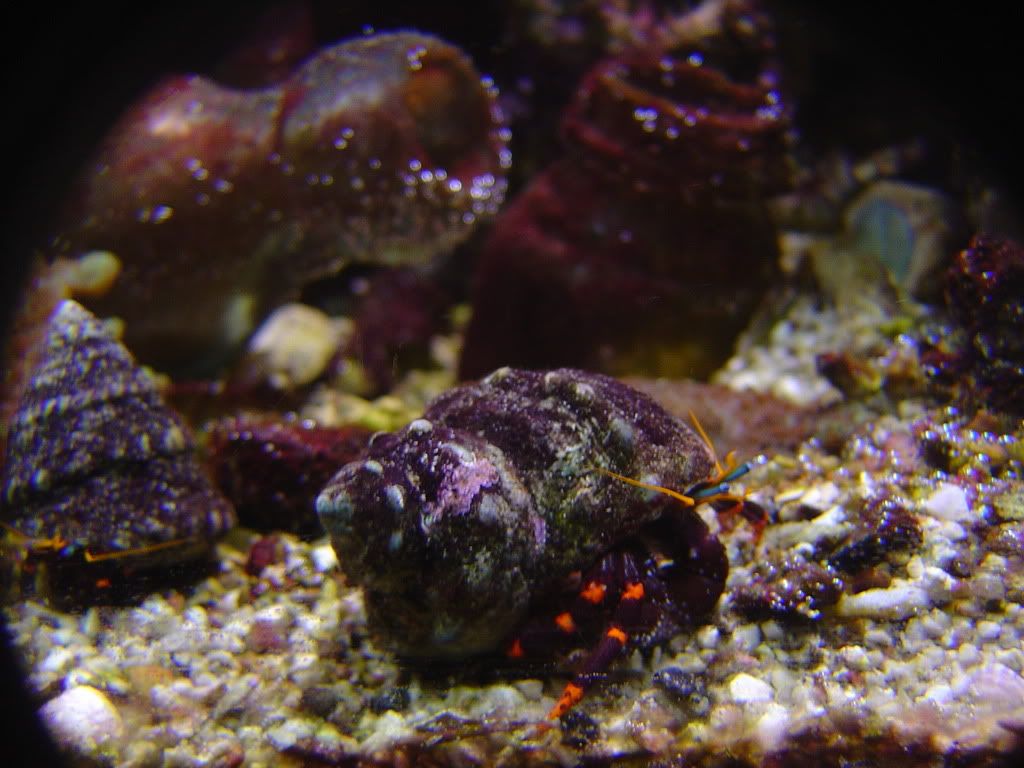
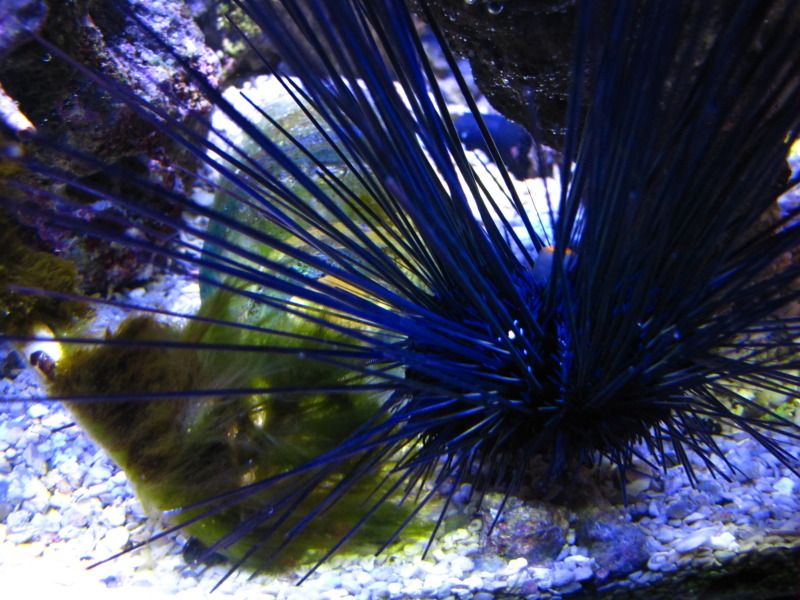
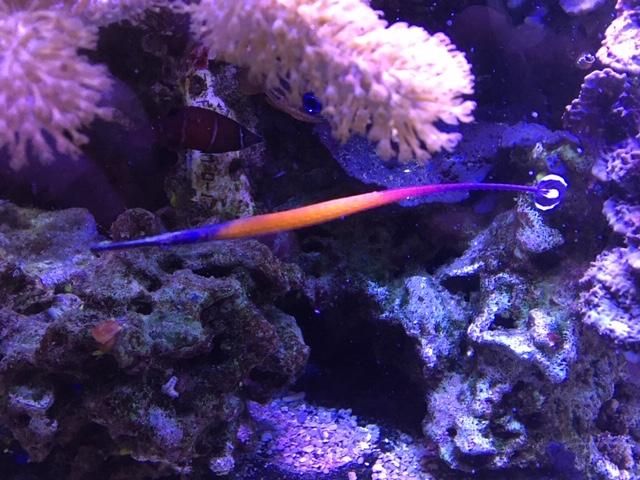
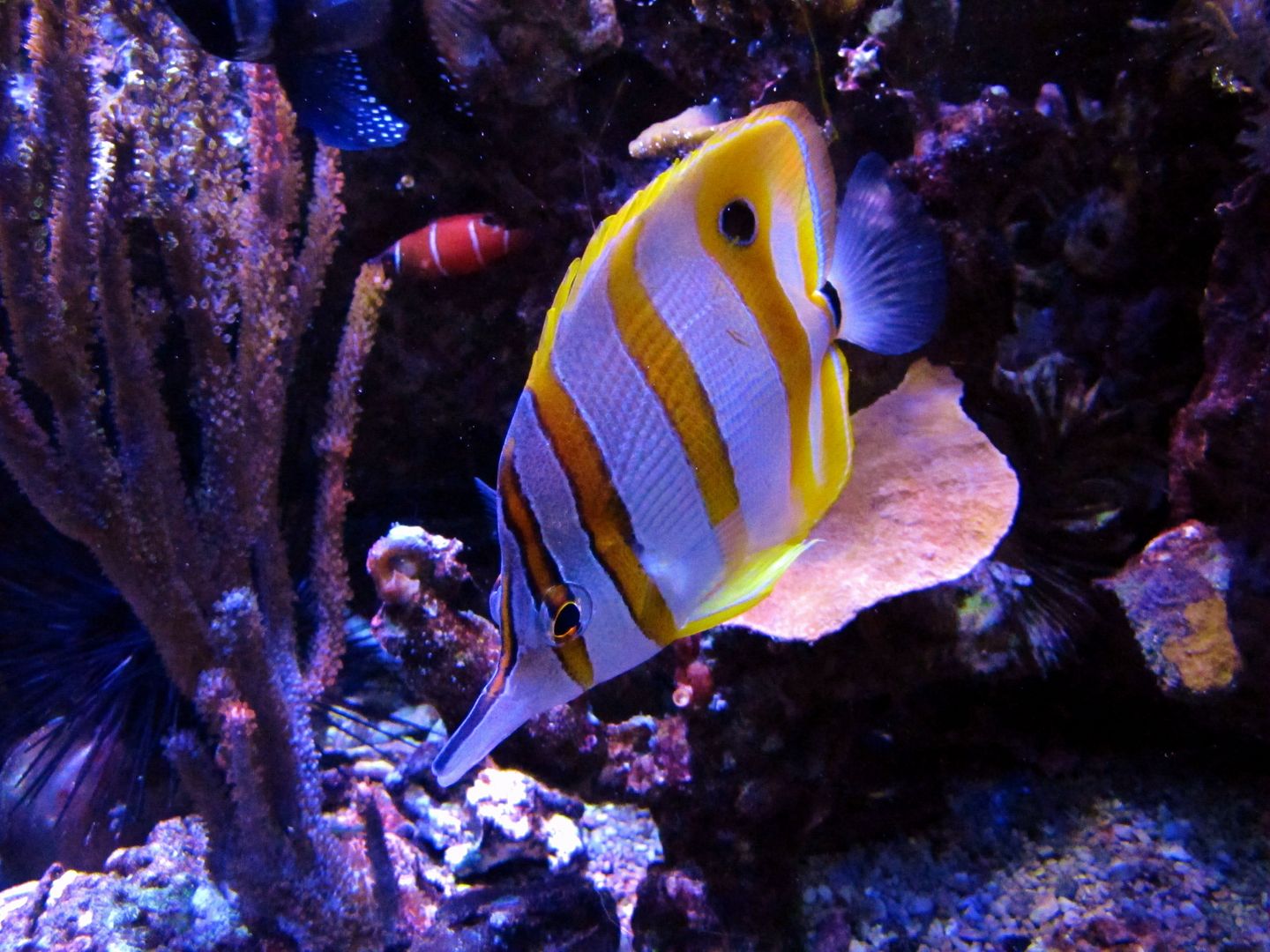

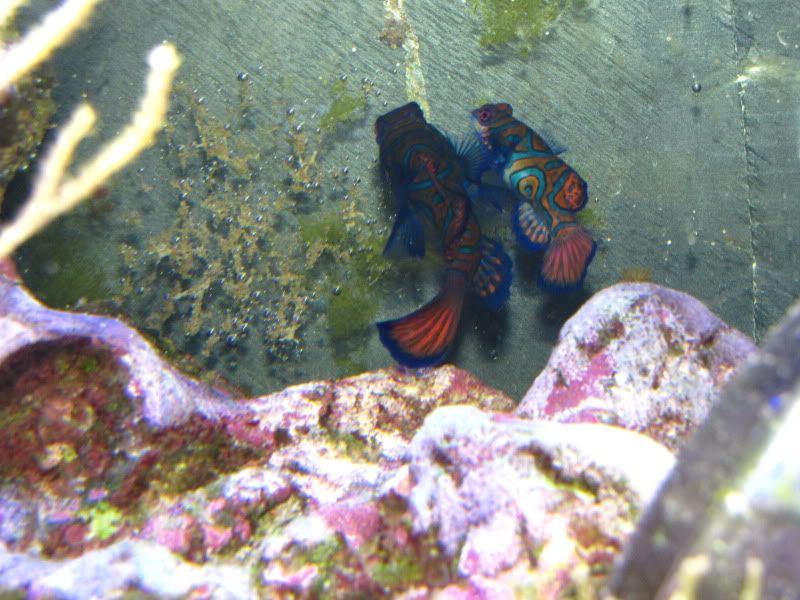
Me too. I’m currently on day 62 of running fallow. Almost there!!!My first and only encounter of ich came from my LFS.

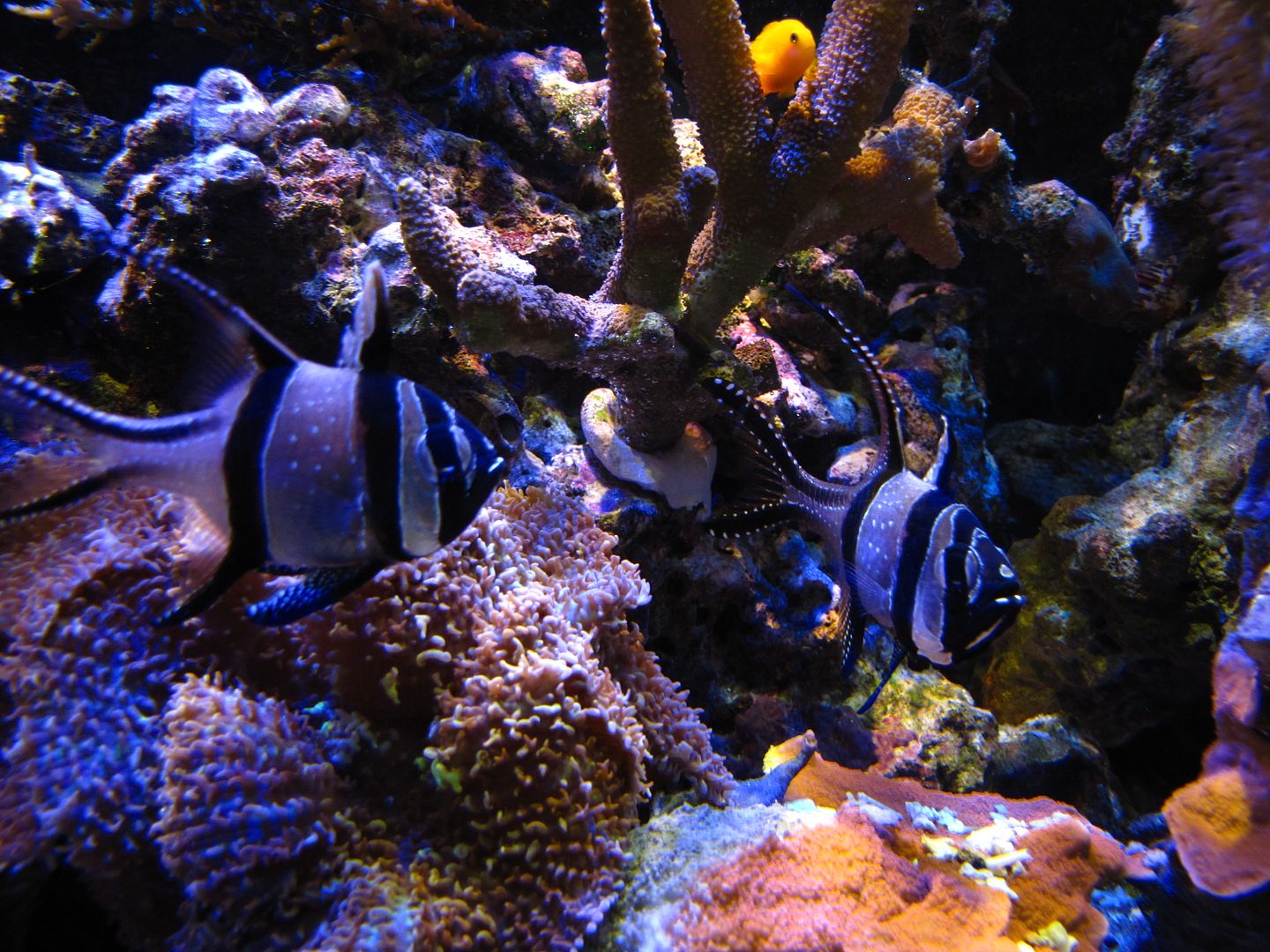

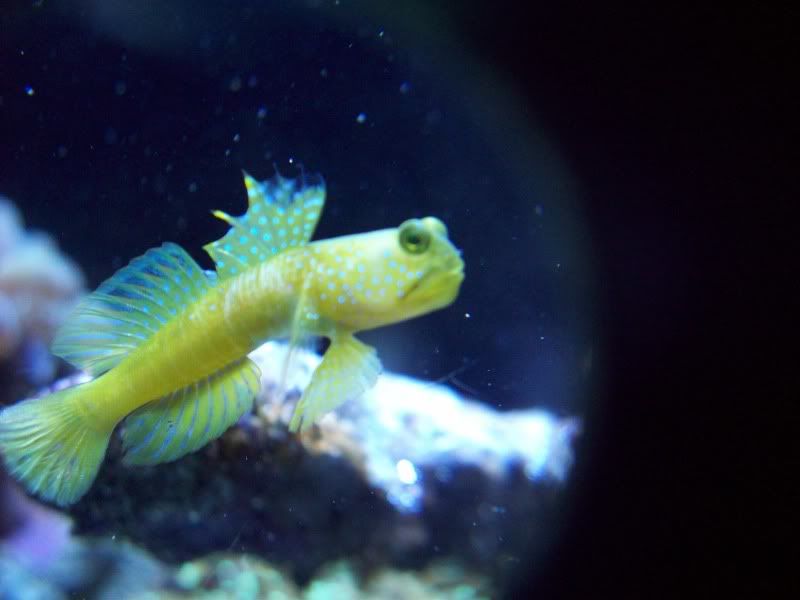

Appreciate such an in depth response Paul - Very enlightening to read.I found it. I posted this a few years ago, I don't remember when
How to tell if a marine creature is dying of old age.
We as aquarists try very hard to keep our animals living as long as possible for a few reasons. Yes, we are caring people and don't want to see them hurt. And, yes, they cost us a lot of money, how much money depends a little on us. If we buy a purple tang for $100.00 and it lives for ten days, then that fish cost us $10.00 a day to enjoy so I would say that is an expensive fish. But if that same fish lives ten years, then that fish only cost us maybe 3 cents a day (I didn't do the math, but you get my point) So then, it is a very cheap fish.
We should all try to keep our fish long enough so that they die from nothing except old age. If our fish keep getting sick, we are doing something wrong as our fish should "never" get sick except for the occasional headache or upset stomach.
Most medium sized ornamental aquarium fish live for about 12-15 years as that is their natural lifespan. That is a general statement because some fish such as clowns live well into their 30s. Smaller fish such as clown gobies, small bleenies, pipefish and seahorses may live for 5 or 6 years and some tangs will live into their 20s and groupers may reach 50. These are generalizations as different fish have different lifespans and many of them do not reach their life span in captivity. I do feel that most fish in a tank can live longer than their wild counterparts just due to the fact that they don't have enemies in our tanks and no one is trying to catch them with huge nets where they will be sold for food.
A fish is an animal that can only look forward to a peaceful death if it is in a very good aquarist tank. Virtually all wild fish die by being eaten alive or suffocating on the deck of a ship.
How do we know if a fish is dying of old age? Actually it is relatively easy. First of all the fish should be full grown. That is easy. Next we should have an idea how long that type of fish would normally live. I gave some examples above. A fish that has lived to the full extent of it's lifetime displays symptoms that are easy to spot.
I had many fish die of old age and they all do it about the same. About the last couple of weeks of it's life, it will start to slow down but not exhibit any signs of disease. They will not be the first one to feed any more and may not even try very hard to eat. In a few days, they will stop eating and may rest in a corner. Eventually other fish will pester them and take nips at them. At first, they will try to get away or bite back. Right near the end, they will stop fighting back and their fins will become torn, They may get some spots as their immune system is no longer functioning, they will then get very lethargic and we will find them dead in the morning.
There is nothing we could have done for such a fish except pat ourselves on the back for allowing such a beautiful creature to exist for as long as possible.
We don't have to worry about that for corals as they are immortal. Yes, corals live forever, sort of like politicians. The actual coral polyp is not immortal, but the colony is. Each coral colony is composed of numerous polyps and as new polyps are born, they settle on top of older polyps and in that way, make the colony larger. Entire coral colonys do die because if they didn't, the world would be full of corals. Colonies die from typhoons.
I am not sure why storms in the southern hemisphere are called typhoons and storms in the northern hemisphere are hurricanes. I would imagine the guy who makes these names up had some free time, I don't know. But either way, typhoons can destroy corals quite easily. I have been in the South Pacific in some typhoons and I am surprised anything lives. I have seen brain corals the size of my car, up side down and elkhorn corals almost the size of my house broken into little pieces.
I saw numerous, very large sea fans hundreds of yards up on the side of mountains. Besides the turbulence from the storm, huge quantities of dirt from Islands run into the water covering corals for miles out to sea. These storms kill some corals but they allow others that were shaded from the larger corals to prosper. This is life and has always been that way.
This is an old Cardinal. These fish have a lifespan of about 4 years. He is in his last few days here and you can tell if you see younger ones and look carefully.
Here he is much younger
This Watchman is dying of old age.
Here he is when I got him
Him and his mate much older after many eggs.

How long ago did you switch to doing QT?Both I suppose. So far, knock on wood, I haven’t lost a fish in either tank (reef or FOWLR) since.
This is the interesting thing about sharing different experiences. When I started I didn't know you could even medicate fish in sw and my experiments with qt never ended well. So I feed really well and use alot of local seafood mixed with NLS pellets to feed. Ive only ever had one fish die in my display and I lost 2 fish in QT.Its been a while, but back in my earlier days, it seemed like if you DIDN'T quarantine both
fish AND corals, you were destined for issues. Ask me how I know...
How do you know this? What is your background that has provided this information? Can you provide more detail about holding facilities and wholesalers?100x times worse. Hobby is bigger so way more fish from more divers locales holding facilities and wholesalers at play. And more retailers with varying skill levels of disease and parasite control skills serving the public.
This has been going on for 40+ years.It's become common practice in distribution/retail to run levels of copper that keep ich/oodinium at bay but don't kill it. IME this has made both harder to eradicate with proper levels of copper. And it's really annoying because a few days out of the LFS doing this practice Oodinium can get beyond the point of no return.
What is your time frame here? How long have you been keeping marine fish?The flukes and internal parasites now are bad. That never used to be a common issue save with maybe with larger angelfish.
What is your experience with this? Can you expound on it please?. There is a varietal of flukes recently that is resistant to to Prazi/Prazipro...no one has quite figured it out yet but formaldehyde or perhaps fenben seems the only chance at eradication. If you search "flukes" on this board you will be recommended to run Prazi and then your fine...not so much with this one and nobody seems comfortable with formaldehyde nowadays, and fenben takes a fine hand to use without killing your fish.
Can you explain this more? Did you work at a wholesaler? If you did how long? Can you provide some background on your experience?The wholesalers no longer seem to do the yearly Xmas/New Year shut down and bleaching of the systems so you basically have decades of parasites and other maladies learning to be resistant to meds.
It seems like I would always end up with a tank full of sick and dying fish if I didn't quarantine first. I was a slow learner too! Every time I'd have a decent looking display and some halfway decent corals, I'd put something in without quarantine and I'd have to start over. Not so much with corals as it was mostly softies (not much for acropora back then) in my early reef days, but fish for sure.This is the interesting thing about sharing different experiences. When I started I didn't know you could even medicate fish in sw and my experiments with qt never ended well. So I feed really well and use alot of local seafood mixed with NLS pellets to feed. Ive only ever had one fish die in my display and I lost 2 fish in QT.
Ok, how do you know?Its been a while, but back in my earlier days, it seemed like if you DIDN'T quarantine both
fish AND corals, you were destined for issues. Ask me how I know...
How many times did you do this? How long ago did this happen? How long have you been in the hobby? How long ago did you start doing QT? How many batches of fish have you moved through it? What is your QT process generally? Please include equipment explaination and medication protocols if you use them.It seems like I would always end up with a tank full of sick and dying fish if I didn't quarantine first.
Start over with the same tank? Did you make changes? What did your losses look like?I'd put something in without quarantine and I'd have to start over.
When did you start the hobby ... reefing? What country do you live in? If the US what general area? What kind of access do you have to LFSs?Not so much with corals as it was mostly softies (not much for acropora back then) in my early reef days, but fish for sure.
